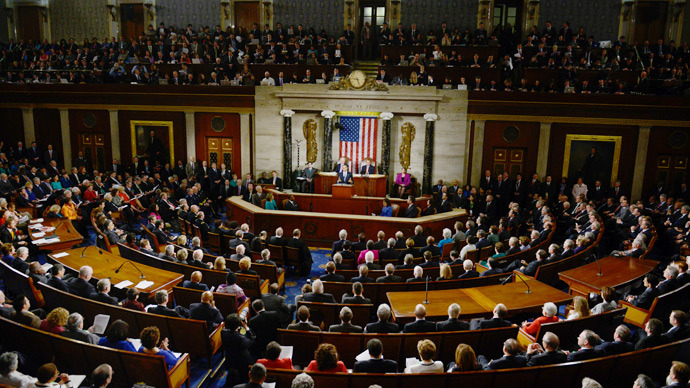In charging former CIA official Edward Snowden with multiple counts of espionage and theft of government property, is the United States waging a righteous war on the inappropriate release of classified information, or attempting to deflect attention away from their arguably unorthodox surveillance practices? Snowden’s whistleblowing of the NSA’s surveillance programs has sparked considerable debate both in the media and in the US government with regard to who exactly is in the wrong. While many have labeled Snowden a traitor for releasing classified information about the program to the UK newspaper The Guardian, others have lauded him for spotlighting the unethical scrutiny of American citizens by their own government.
Although the focus of the NSA surveillance system Prism has been on non-US citizens living in the country, the program’s search function was only designed to require a 51% confidence rating in identifying targets as foreign nationals. The nature of Prism means that once a person has been identified as a target, the surveillance operation produces a domino effect whereby any individual they have been in contact with is also identified as a target. Because of this, many US citizens and foreign nationals have been under surveillance without their knowledge, many of whom are innocent people marked simply by their incidental correspondence with an original target. This vast and ever expanding swath of affected persons (over 117,000 as of April 2013) had their information and correspondence recorded, with the FBI only taking pains to destroy or properly investigate the communications after they had been tracked and entered into the Prism database. In addition to gathering email and phone data, Prism also gathers user data from popular sites such as Facebook, Google, and Yahoo in order to track correspondence and monitor suspected threats. Whether the potential benefits outweigh this gross violation of privacy has been and will continue to be a topic of fierce debate in courtrooms, boardrooms, and living rooms in the US and abroad.
[captionpix align=”left” theme=”elegant” width=”300″ imgsrc=”http://natoassociation.ca/wp-content/uploads/2013/07/NSA_Surveillance_0c979_image_982w.jpg” captiontext=”NSA Director Gen. Keith B. Alexander testifies before the House Intelligence Committee. (J. Scott Applewhite/Associated Press/June 18, 2013)”]
It is interesting to note that the opinions of the generally partisan US Congress with respect to the revelation are divided haphazardly and not down party lines. Snowden’s leak did not represent a clear betrayal of his country, but rather an unwillingness to allow the NSA to continue what he considered to be unethical and unauthorized surveillance without public repercussions. It is partly because of this ambiguity that the US Congress is so divided on the Snowden case. Some Republicans, such as Senator Rand Paul, have praised Snowden for his courageous exposition of unjustified surveillance, while majority House leader John Boehner and Senator Saxby Chambliss have vehemently condemned his actions. On the other side of the floor, Democrats are similarly at odds with Al Gore asserting that the NSA programs are inherently unconstitutional, and Senators Dianne Feinstein and Bill Nelson defending their necessity. Open division within the two major parties on an issue of such import has not been this pronounced since the civil rights movement.
With so many current issues fiercely tied to voters’ ideological beliefs, the issue of digital surveillance and privacy is an interesting holdout. Because cyber-surveillance has evolved so quickly, it is a source of confusion for many average citizens. Many in the US and abroad do not fully know or understand the magnitude of government surveillance programs, as the technology involved in them has evolved so rapidly that public knowledge has not been able to keep pace. Traditional party lines are drawn quite strictly for issues such as civil and women’s rights, the economy, and security platforms. It is not yet clear how they will be drawn for this emerging issue.
Cyber surveillance will undoubtedly become a particularly essential topic for young voters who have grown up with the panoptic nature of the Internet. In order to show these voters where they stand, both major parties first face internal debates so as to reconcile the considerable intra-party differences into something resembling a cohesive stance. Snowden’s decision, whether it is seen as the leaking of confidential information by a traitorous narcissist or a courageous act of whistleblowing against a corrupt intelligence behemoth, is one that is sure to provoke intense debate for some time and, if nothing else, force Republicans and Democrats alike to seriously consider their party line on cyber-surveillance and security.




